What single thing can any caregiver – mother, father, grandmother, or babysitter – do to help a baby grow, become an emotionally strong adult and even resist drug addiction?
Tired parents across the globe know that carrying a baby around is sometimes the only way to soothe them. A recent study proved that walking around a room holding your baby is worth the effort (and baby carriers may be worth their cost!)
Researchers compared mothers carrying their babies to mothers sitting with their baby and found that carrying a baby reduces crying, and immediately lowers the baby’s heart rate. The researchers suspected that the sensation of pressure on the baby’s skin and the sense of being suspended in the air cause a chemically induced calming effect in babies. Since scientists can’t really experiment on babies, they tested this theory out by anesthetizing the skin of baby mice before “snuggling” them and even surgically damaged the balance system of their inner ear. They found that the combination of movement and touch does in fact cause a biologic calming response. (You can watch their video.)
Babies are born to snuggle
Babies have reflexes that help them hold onto their mother’s body in every way possible. The ‘Moro reflex’ allows babies to quickly cling to a parent if they feel like they are falling, and similarly, babies instinctively grasp a finger or object placed in their palm. The classic M-shaped position of babies’ legs (knees being the top peaks of the M) makes it comfortable for an adult to carry them laid on their chest. This is also the ideal position for optimal hip development.
But cuddling has many other miraculous effects. Since scientists can’t help but study rodents, researchers used baby rats to show that babies grow better when given a “mother’s touch,” which consisted of stroking the rats with a paintbrush. The stroking mimicked the licking that mothers give their pups. These pioneering studies pinpointed a growth-controlling chemical1 and showed that cuddling actually switches on genes in the baby’s body that control growth.
Touch-triggered growth also occurs in human babies. University of Miami researcher Tiffany Field demonstrated that premature babies given massage therapy gained more weight and had higher bone density than preemies who weren’t massaged.2 So now, many hospitals advocate massage for preemies, as well as “kangaroo care”—encouraging Moms to cuddle their premature and low-birth-weight babies in slings that maximize skin-to-skin contact.3
The parent-child bond is more than emotional; it’s biological.
The benefits of cuddling your baby even appear to last until your baby becomes an adult. For example, Joanna Maselko and her colleagues at Duke University analyzed whether the amount of affection that a group of eight-month-olds received was related to their level of emotional distress thirty years later4. They found that high levels of affection by moms, indeed, were associated with significantly lower levels of anxiety in those babies as adults.
D.A.R.E to keep rats off drugs
Once again, baby rats provided the most convincing evidence that human moms’ touch has long-term benefits. Staci Bilbo and her Duke University colleagues tested whether baby rats that got more attention from their mothers produced more of a brain chemical that helped them resist morphine. They enhanced the mama rat’s affection by periodically removing the pups and putting them back, which launched Mom into a round of vigorous grooming. For comparison, the researchers also included a control group of pups that were not removed. When the researchers later tested how actively both groups of rat pups sought out morphine, they found that the high-touch animals showed less craving, and produced more of the brain chemical, called IL-10, that activates the brain’s addiction-resisting machinery.5
So holding a baby close against your body doesn’t just feel good; it’s critical to a baby’s development. And this critical baby-cuddling isn’t just something a parent decides to do; it’s actually biologically triggered by the baby. One international research team showed that an infants’ smell is enough to trigger the brain’s reward system in potential cuddlers6 . Researchers exposed a group of fifteen mothers and fifteen women who had not given birth, to odor extracted from the pajamas of two-day old infants. All the women underwent MRI brain scans done while being exposed to the odor. In all the women, but more so in the mothers, the reward center in the brain showed enhanced activity.
So if you want to feel good and do good for others, go sniff a baby, or give someone a hug today.
REFERENCES
1 PKCalpha Mediates Maternal Touch Regulation of Growth-Related Gene Expression in Infant Rats http://www.nature.com/npp/journal/v28/n6/full/1300125a.html
2 Preterm Infant Massage Therapy Research: A Review http://www.ncbi.nlm.nih.gov/pmc/articles/PMC2844909/
3 Babies gain from ‘kangaroo’ care study at Kent hospital http://www.bbc.co.uk/news/uk-england-kent-10669591 also http://en.wikipedia.org/wiki/Kangaroo_care
4 Early-Life Experience Decreases Drug-Induced Reinstatement of Morphine CPP in Adulthood via Microglial-Specific Epigenetic Programming of Anti-Inflammatory IL-10 Expression http://www.jneurosci.org/content/31/49/17835.full
5 A Mother’s Touch Protects Against Later Drug Use http://dibs.duke.edu/news/research-findings/2011/12/07/a-mother-s-touch-may-protect-against-drug-cravings-later/
6 Lundström, J. N., Mathe, A., Schaal, B., Frasnelli, J., Nitzsche, K., Gerber, J., & Hummel, T. (2013). Maternal status regulates cortical responses to the body odor of newborns. Frontiers in psychology, 4.

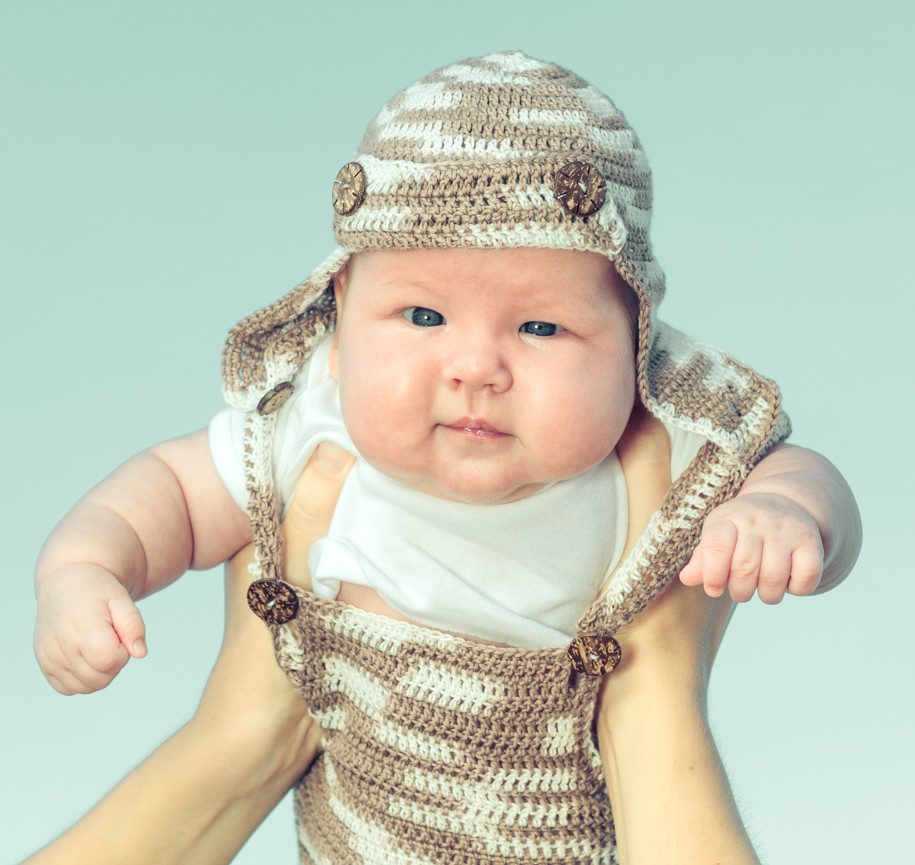
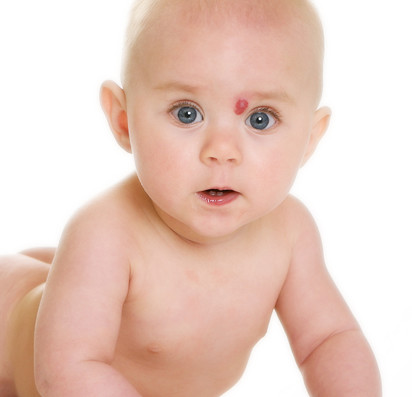
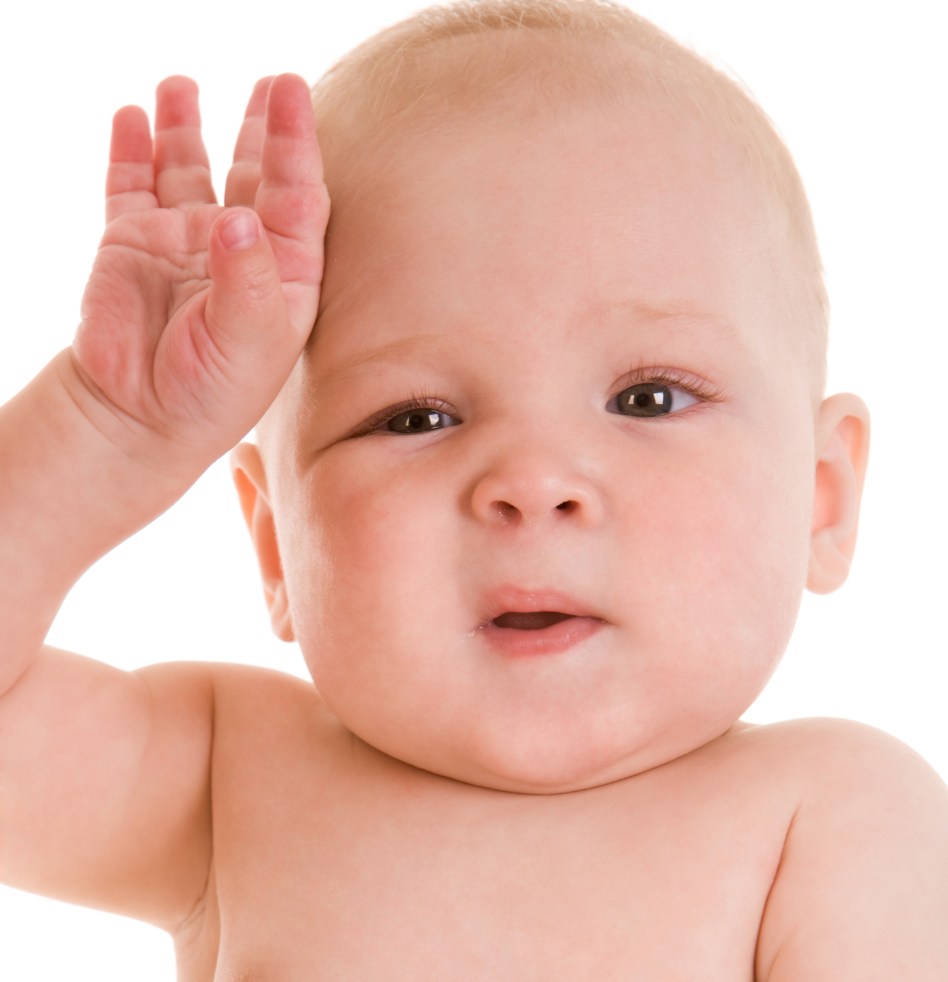
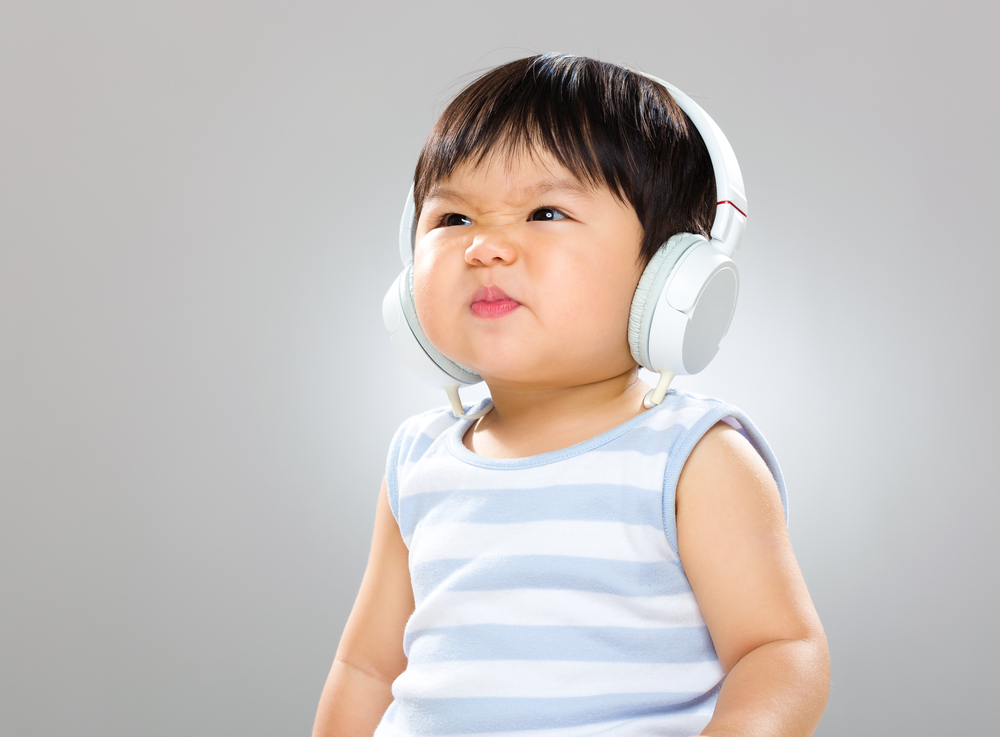
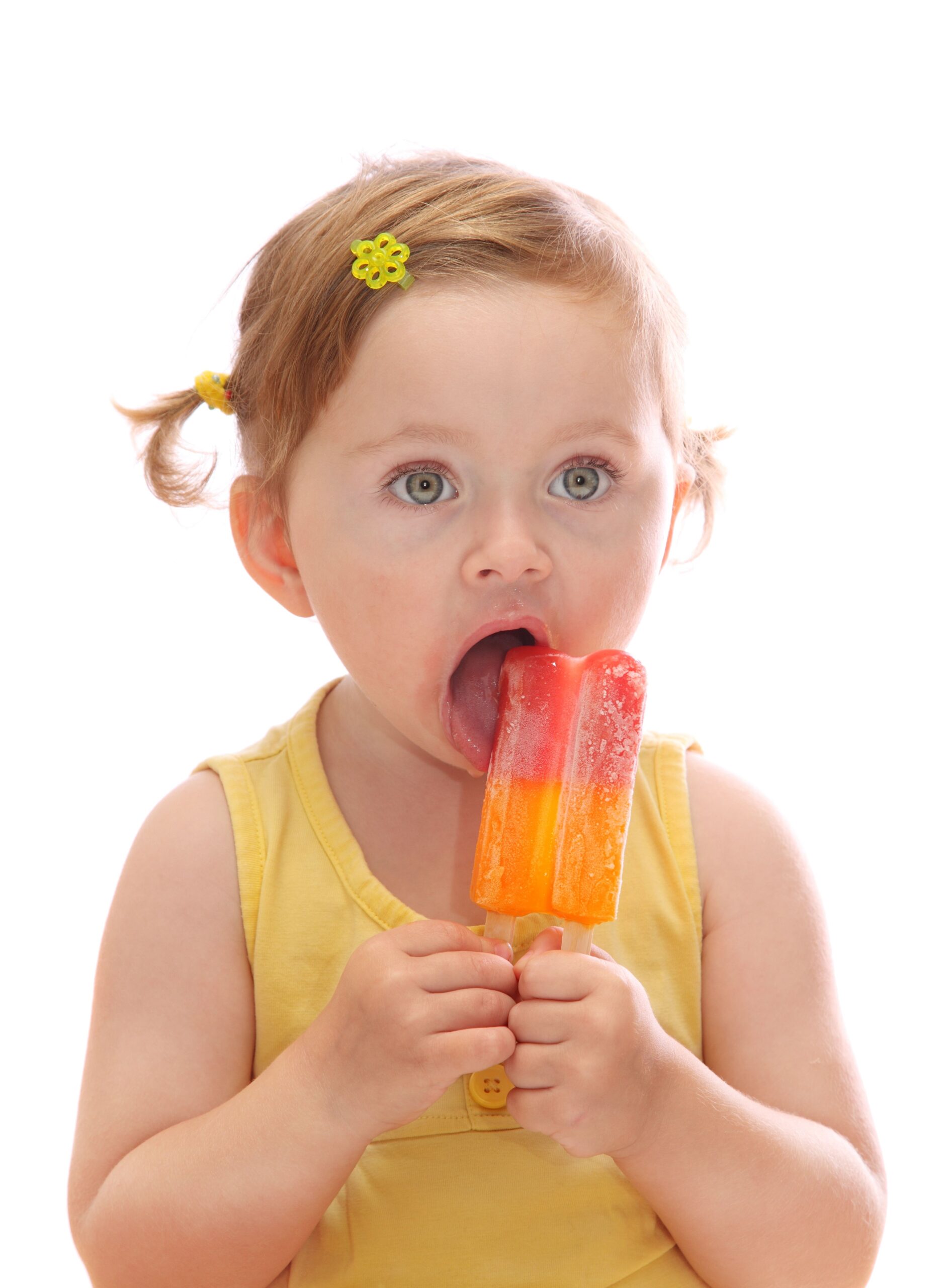




I great Mother’s Day blog. Thank you.